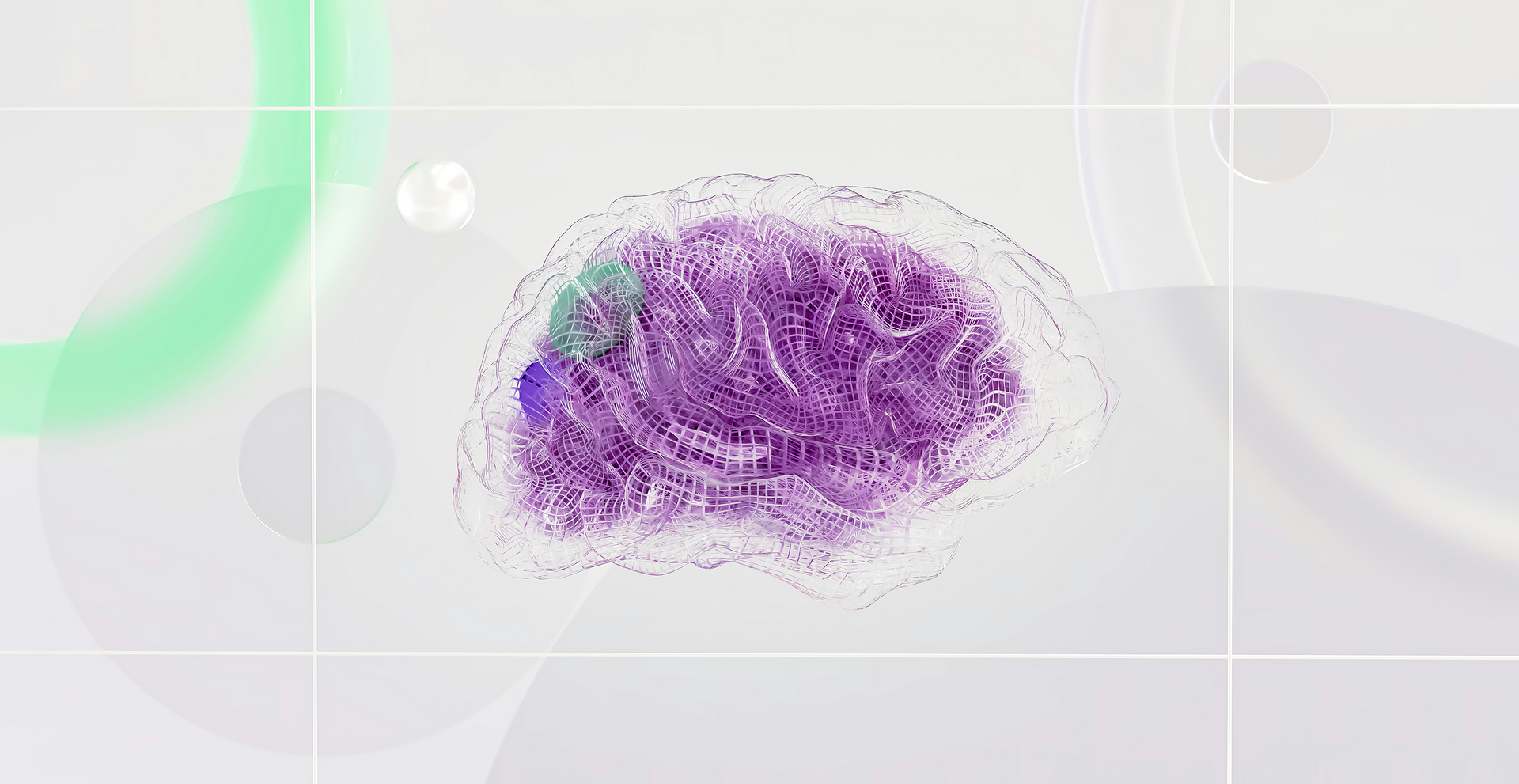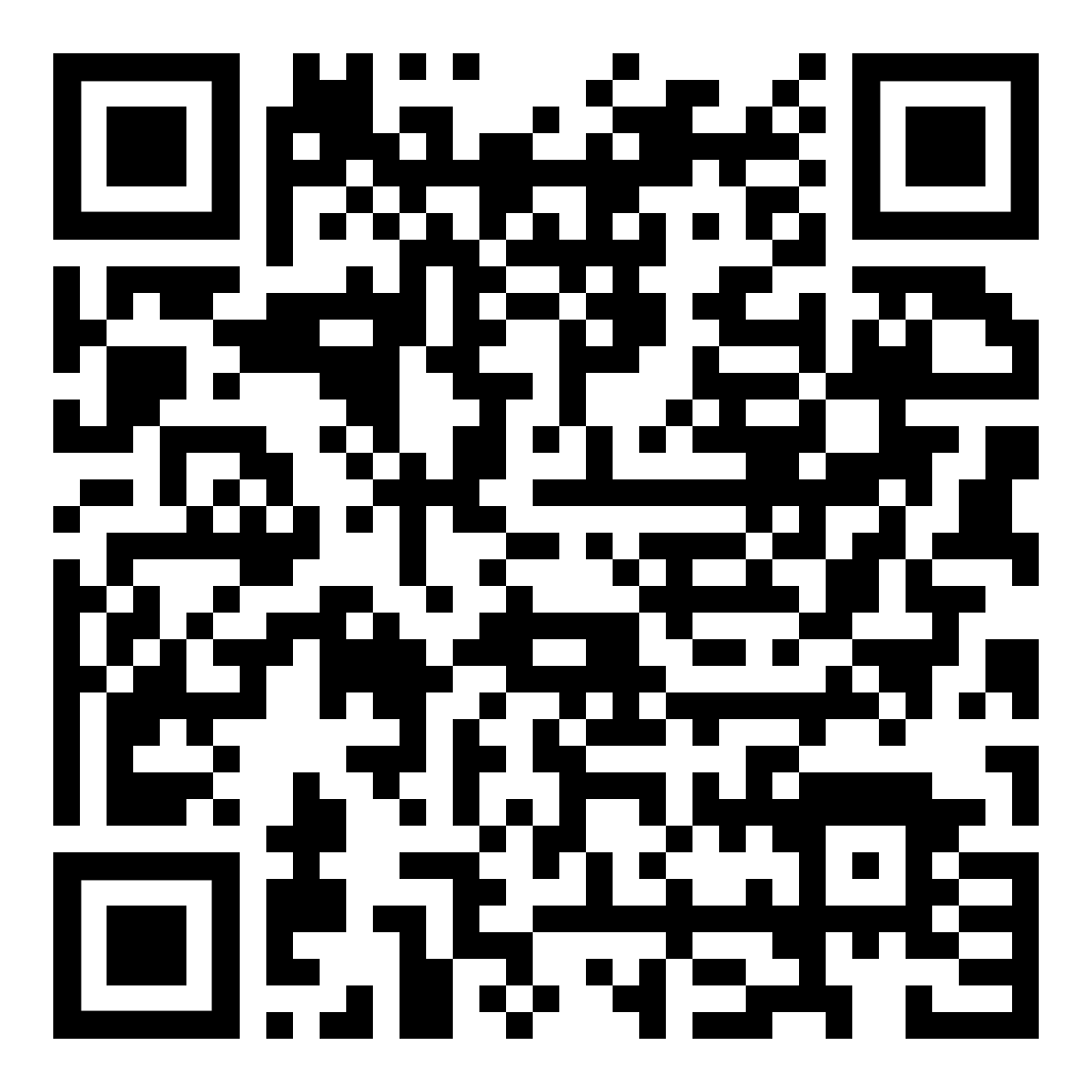The Unyielding Shadows: A Comprehensive Guide to Managing TRD
Depression is a complex and multifaceted mental health condition that can cast a shadow over every aspect of a person's life. For most individuals, when depression descends, a combination of therapy and medication offers a pathway to recovery.
However, for a subset of the population, traditional treatments are like a minnow in a maelstrom—ineffective against the overwhelming forces of their illness.
This subclass of depressives experiences what is known as treatment-resistant depression (TRD). It's a term used to define a condition where standard antidepressant medications and therapy protocols fail to produce a significant response.
Those grappling with TRD face not just the reality of their persistent symptoms, but also the distinct challenge of finding effective management strategies.
The journey through TRD is often arduous, and finding light amidst its unyielding shadows requires a multi-pronged, patient-centric approach that we'll delve into below.
Understanding the Depths: What is Treatment-Resistant Depression?
Before we navigate potential management strategies, it's essential to understand the beast we're facing. TRD is not a sign of personal failure or a stubborn insistence on suffering—it's a neural phenomenon.
It's a condition where the brain's chemistry stubbornly resists correction, making symptoms like lethargy, persistent sadness, and even suicidal ideation intractable.
The prevalence of TRD is a matter of ongoing study, but it's estimated to affect around 10-30% of individuals diagnosed with depression. The disorder is not just about being sad; it is relentless, unyielding, and at times, unfathomably dark.
Most troubling, TRD can significantly impede an individual's functionality and quality of life.
Navigating the Murky Waters: Diagnosing TRD
Diagnosing TRD is a process that requires both art and science. The journey begins with a comprehensive assessment to rule out any underlying medical conditions and to ensure the original diagnosis of depression is accurate.
Healthcare providers use a series of structured interviews, behavioral observations, and feedback from family and friends to establish the nature and extent of the depressive symptoms.
For a diagnosis of TRD, the following criteria typically need to be met:
- Failure to respond adequately to at least two different antidepressant medications prescribed at an appropriate dose for a sufficient duration.
- A documented response to previous treatment by a mental health professional.
- No coexisting medical or substance abuse disorder that may contribute to the treatment resistance.
Diagnosing TRD is not just about identifying symptoms but also about following a trail of treatment history. It's about understanding that this journey began long ago and has not relented, despite the best efforts and intentions of both patient and provider.
The Treatment Toolkit: Options for TRD Management
When traditional treatment approaches fail, the armamentarium of tools available to help manage TRD widens. It's a toolkit that thrives on innovation and personalization. Let's explore some of the most effective strategies currently in use.
1. Augmentation and Combination Therapies
For many individuals with TRD, the strategy of 'more' can be a significant turning point. This means augmenting current medications with additional drug therapies or combining multiple medications to create a synergistic effect. Common augmentation therapies include:
- Lithium: While traditionally associated with bipolar disorder, low doses of lithium can enhance the effects of antidepressants.
- Atypical antipsychotics: Drugs like aripiprazole and olanzapine are known to potentiate the effects of some antidepressants.
- Thyroid medication: Triiodothyronine (T3) given with the standard T4 thyroid hormone may help some people with TRD.
2. Psychotherapy: The Beacon of Hope
Psychological therapies such as cognitive-behavioral therapy (CBT), dialectical behavior therapy (DBT), and interpersonal therapy (IPT) can be profound tools in the hands of skilled therapists. Their adaptability and focus on individual needs provide a personalized experience that traditional drug therapies often lack.
For individuals grappling with TRD, the therapeutic relationship itself is a crucial aspect of their journey, often serving as a secure base from which to explore and address the darkest aspects of their illness.
3. Neuromodulation: Changing the Channels of Depression
Beyond traditional approaches, the field of neuromodulation offers interventions that directly target the brain and its neural circuits. Examples include:
- Electroconvulsive therapy (ECT): A safe and effective procedure that involves passing a carefully controlled electrical current through the brain to induce a seizure, resulting in changes to brain chemistry that can quickly reverse symptoms of certain mental health conditions.
- Transcranial magnetic stimulation (TMS): A non-invasive procedure that uses magnetic fields to stimulate nerve cells in the brain to improve symptoms of depression.
- Vagus nerve stimulation (VNS): A pacemaker-like device implanted under the skin that sends regular, mild electrical pulses to the brain via the vagus nerve.
These interventions are often seen as the last line of defense against TRD, yet for many, they represent the first rays of hope after a long, dark night.
4. Lifestyle Interventions: Holistic Support for the Mind
Managing TRD is not just about drugs and therapies—it's about crafting a life that's conducive to healing. Lifestyle interventions that include regular exercise, a balanced diet, and a supportive social network can significantly impact an individual's overall well-being.
For those with TRD, self-care is not a luxury but a necessity, and taking intentional steps to nourish the body and spirit can mitigate the impact of intractable symptoms.
Overcoming the Shadows: Recovery and Resilience
The road through TRD is often long and winding, marked by valleys of despair and summits of hope. Recovery is not a destination but a direction, and resilience is a guiding star in the dark of enduring symptoms.
For those facing TRD, the prospect of managing symptoms can seem an insurmountable challenge, but with the right combination of support, intervention, and personal investment, even the most intractable depression can be managed.
Recovery often involves reevaluating expectations and redefining success. It's about learning to appreciate the incremental victories, whether that's a calm day amidst the storm or a more peaceful night's sleep.
In the realm of TRD, any progress is monumental, and recovery is not a measure of how far an individual has come but the courage it took to take each step forward.
Building a Community of Light
Managing TRD is a collective endeavor. It requires the support of loved ones, the expertise of healthcare providers, and the understanding of a society that too often attributes depression to moral failing rather than neurobiological complexity.
Building a community of light around individuals with TRD can be as important as any medication or therapy. It's a community grounded in empathy, destigmatization, and shared inspiration.
Conferences, support groups, and online communities have proven invaluable in creating spaces where those with TRD can share their experiences, learn from others, and confront the isolation that often accompanies their condition.
Embracing Hope in the Face of TRD
Hope can seem like a fragile thing in the face of unyielding depression, but it's precisely this tenacity to strive for light amidst the shadows that can make the journey through TRD not just bearable but transformative.
It is the essence of human resilience—the conviction that in the face of even the most unyielding shadows, there exists the potential for a new day.
As we navigate the complexities of TRD management, let us not forget that the endeavor is more than just a clinical checklist—it is a narrative of human struggle and triumph, a story still being written.
Each person who endures the unyielding shadows of TRD is a testament to the indomitable human spirit and a beacon of hope for a future where depression, even of the stubborn kind, does not have the final word.
About Us
Having the right treatment options and support system is crucial when fighting a battle against depression. We are here to help you with depression, anxiety, OCD, PTSD, and more. In fact, TMS therapy may be the innovative solution your need.
We use modern psychiatric methods to treat these mental health problems and will derive a treatment plan best suited for your unique needs. You can reach us at (239) 935-5599 or fill out our contact form to learn more about our treatment options. Local to Fort Myers? We can help!
Cited Sources:
Rizvi, Sakina J et al. “Treatment-resistant depression in primary care across Canada.” Canadian journal of psychiatry. Revue canadienne de psychiatrie vol. 59,7 (2014): 349-57. doi:10.1177/070674371405900702
MENTAL HEALTH SERVICES
BOOK A CONSULTATION
Knowing that you are not alone is of utmost importance. Seek assistance for depression today!
OUR SERVICE SUPPORTS MENTAL WELLNESS
- Depression
- Lack of Joy
- Sadness and Despair
- Low Mood
- Lethargy
- Insomnia
- Oversleeping
- Social Isolation
- Self-Harm
- Substance Abuse
- Suicidal Ideation
- Alcoholism









